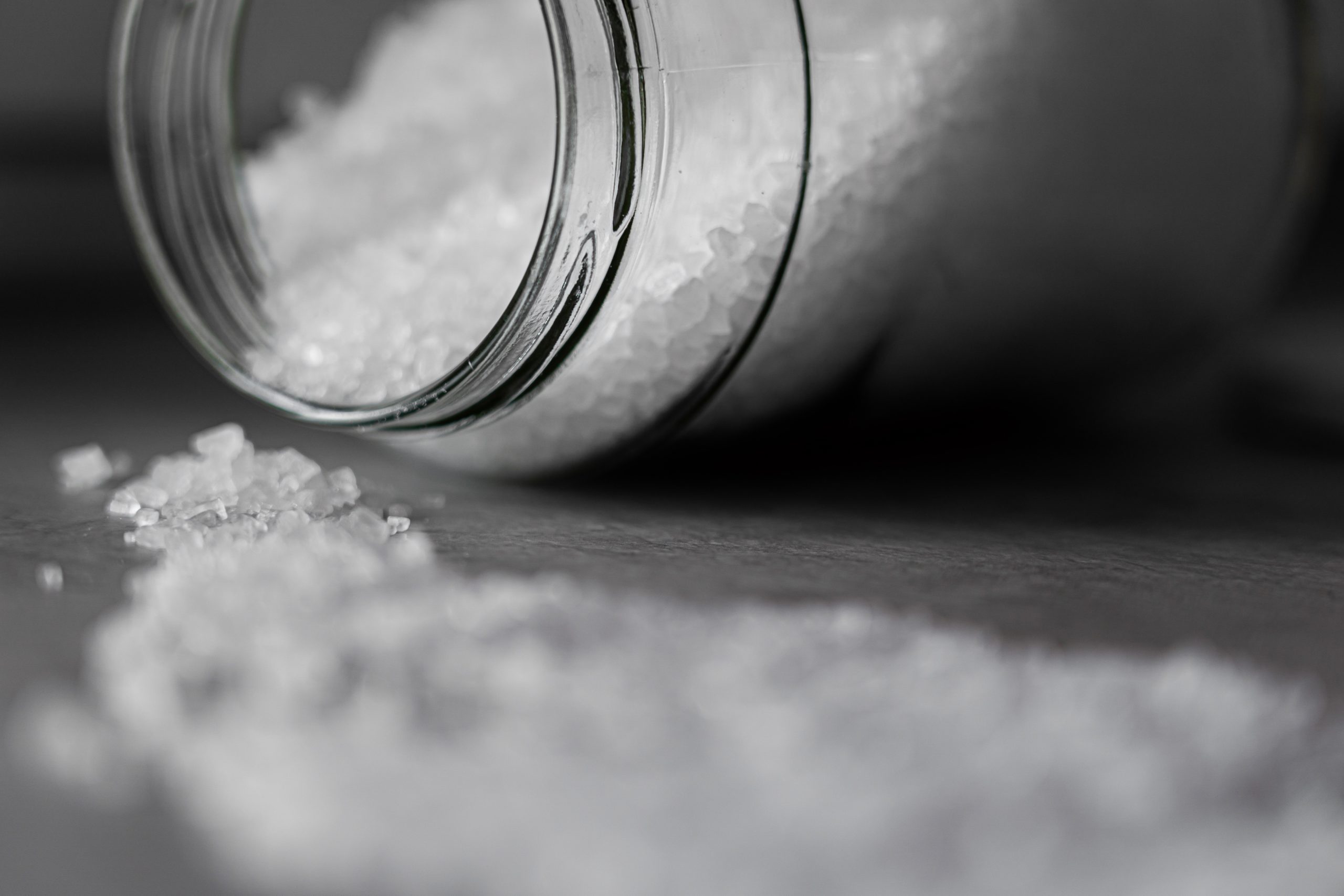Cooking tips that sound wrong – but always work!
Sweet ingredients in savoury dishes, and salt in your desserts? These may sound like counterintuitive cooking tips, but the science adds up.
1. Sugar in your spaghetti sauce
When making a red tomato-based pasta sauce, your sauce may be missing one thing.
Whether you are using fresh, crushed or or canned whole tomatoes, as well as tomato puree, one thing is for sure: despite being a fruit (not a vegetable!), tomatoes can be pretty sour and acidic.
Whether or not it’s traditional, is up for debate. But many cooks and food experts agree: even half a teaspoon of sugar can help add balance to a tomato sauce, that depending on the freshness of the tomatoes used, might be leaning towards the acidic side. Whether white or brown sugar, just a little pinch will help round those flavours out.

2. Salt your rice and pasta water
While we may be used to cooking rice in a rice cooker and allowing the appliance to do all the work for us, and while most Malaysians probably think they have their rice cooking method down to an instinct, there is a way we could make our rice just a little bit better: salt.
After washing the rice, adding a tiny pinch of salt to the cooking water is actually a great opportunity to lift the taste of the rice. Adding salt is arguably even necessary for brown rice that is huskier when cooked compared to white rice.
Same goes for pasta; once pasta is fully cooked, only your pasta sauce can provide flavour to your dish. Salting the boiling water before you add the dry noodles in is actually your only opportunity to flavour the pasta itself.
Bonus tip: Save a bit of the starchy, salty water from the pot you used to boil your pasta, and use it to emulsify your pasta sauce!
3. Salt in your cake
The various lockdowns that have happened all over the world this past year have given rise to a new wave of home bakers! However, beginner bakers might find it befuddling that many cake recipes call for the addition of salt.
To be added to your dry ingredients ie. flour and baking agents (such as soda or powder), a pinch of salt is meant to help balance the chemistry of the cake. In desserts, salt acts not as a savoury ingredient, but as a flavour enhancer, perking up the sweet taste of your baked goods.
Unlike cooking where you can adjust seasonings to taste, baking requires more precise ingredient measuring. Be sure to avoid overpouring your salt from the shaker by measuring away from the mixing bowl before adding it into the prepped dry ingredients or batter.

4. Sugar in bread-making
Gaining in popularity in recent years and another kitchen pursuit that many people experimented with during lockdown: bread-making at home.
For those who braved the full experience of making homemade bread from scratch, you may have noticed that your starting yeast mixture always includes sugar. Now whether you’re making a sweet bread or a savoury loaf, never skip the sugar! Sugar in bread-making acts as ‘food’ for the yeast; activating it and allowing it to release gas and later aerate your dough.
Just like salt in cakes, sugar will help enhance the taste of your loaf. And as sugar is considered a wet ingredient, it will also help keep your bread tender while baking.
Don’t feel like staying on your feet to cook or bake anything today? Why not order yourself some food and dessert via the Gemspot app, and have whatever you’re craving delivered straight to your doorstep!
